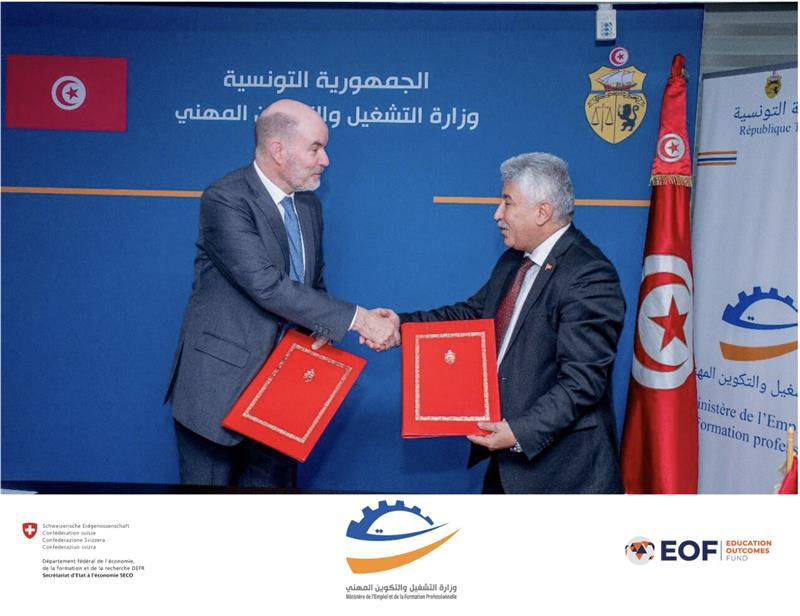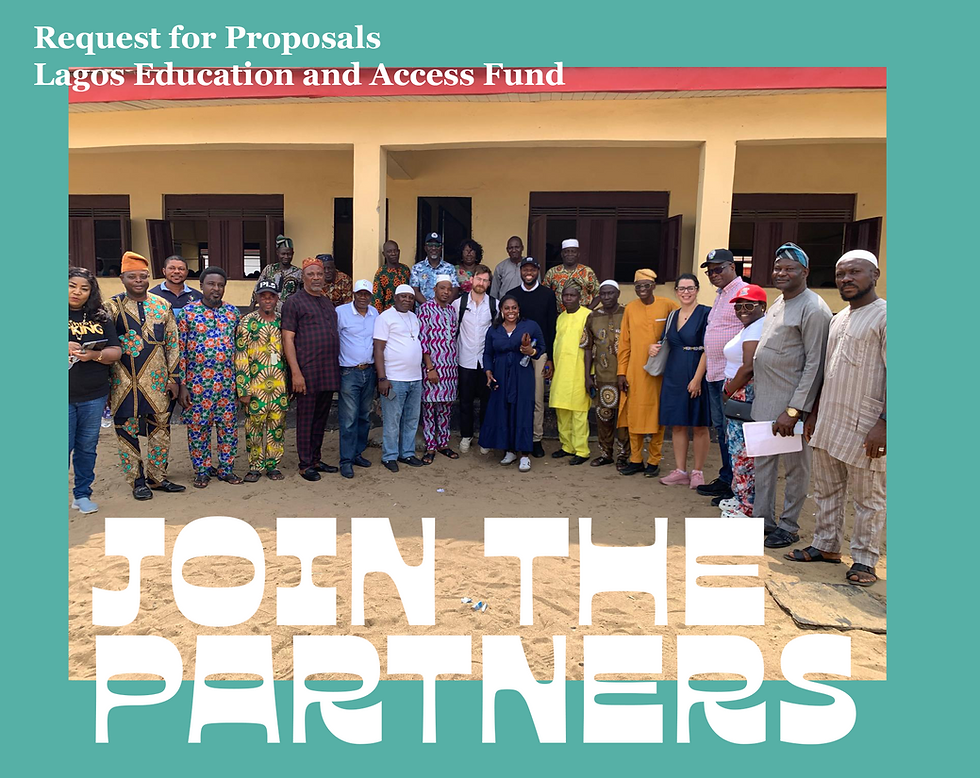FBR@Work, Unlocking Opportunities: Tunisia Tackles Youth Unemployment with Outcomes-Based Financing
- Jul 15, 2025
- 3 min read
Updated: Jul 16, 2025
Tunisia stands out in Africa for having one of the most diversified economies, from manufacturing and agriculture to tourism. Yet beneath that strength lies a persistent challenge: unemployment. For young people and women in particular, opportunities feel out of reach. Every year, thousands of university graduates enter the job market only to find that their skills don't match the roles available. Meanwhile, employers across sectors report difficulty filling vacancies. As the disconnect between job seekers and labour market demands is growing, bridging this gap is not just about increasing the number of training programmes, it's about making sure they are responsive and effective.
A First for Tunisia
FBR@Work is one of the first outcomes-based employment programmes in North Africa to directly partner with private sector implementers and non-governmental organisations. By working hand-in-hand with these providers, the Tunisian government is better equipped to bridge the gap between job seekers and labour market demands. Instead of paying for inputs such as training hours or attendance, FBR@Work ties funding to real, independently verified outcomes. Service providers are empowered to design and adapt solutions in response to market needs, and are paid only if the pre-determined outcomes in terms of participants' completion of training, job placement and 6-month retention in employment are achieved.
Over the next three years, FBR@Work aims to transform the futures of approximately 2,000 young Tunisians aged 18-35 (at least half of whom will be women) by equipping them with the skills they need to thrive in the workforce and accompanying them towards employment. To make this happen, four diverse consortia of service providers will deliver immersive, demand-driven training programmes that combine technical know-how with crucial soft skills. But that’s not all – these partners will also be responsible for placing participants into full-time, meaningful jobs and ensuring they remain employed for at least six months. Participants will also benefit from a comprehensive support system throughout their journey, including mentorship and continuous training, tailored to each organisation’s unique theory of change.

At the heart of FBR@Work is a commitment to concrete, meaningful and independently verified results. Deloitte, active in Tunisia since 2009 and currently supporting the digital transformation of ANETI’s (Tunisia's National Agency for Employment and Independent Work) information systems, will serve as the programme's independent evaluator. Every quarter, Deloitte will rigorously assess and verify the outcomes achieved by implementing partners, which will unlock performance-based payments.

More Than a Launch, the Start of a New Way of Working
The programme was officially launched in Tunisia in May with wide participation from government, donors, private sector leaders, and the employment sector. Key attendees included major partners like the World Bank, AICS, GIZ, and the African Development Bank Group. Opening remarks from Employment Minister Riadh Chaoued, Swiss Ambassador Josef Renggli, and EOF’s Chief of Programmes Miléna Castellnou set the tone: Tunisia is positioning itself as a regional pioneer in results-based, accountable social policy.
As Miléna put it:
“This is a bold choice, one that reflects the government’s willingness to experiment with new approaches and deliver concrete, sustainable results for citizens.”

Powered by Partnership
FBR@Work would not exist without extraordinary leadership and collaboration across both the public and private sectors. The MEFP has driven this effort forward, and ANETI’s role in implementation and performance tracking has equally been central to its success. SECO has been far more than a donor, a true strategic partner with deep expertise in financing results. And the early design of the outcomes fund benefited from vital financial support from Bank of America, reinforcing a broad coalition of public and private actors committed to driving real change.

Building a Smarter, More Accountable System
This is just the beginning. FBR@Work is not just a programme, it’s a learning journey. As the first cohorts of young Tunisian jobseekers move through the programme, we’ll be tracking outcomes, refining approaches, and sharing key lessons learned along the way.
Our aspirations go well beyond the initial 2,000 job seekers in this pilot. We’re determined to build a smarter, more accountable system that can scale. Over the next three years, we aim to use this programme to generate critical insights on the Tunisian labour market, identify what truly works in training, job placement, and retention, strengthen collaboration across the employment and service provider ecosystem.
We’re proud to learn, grow, and stand alongside our partners on this journey. Together, we’re unlocking the potential of Tunisia’s young people, one outcome at a time.




Comments